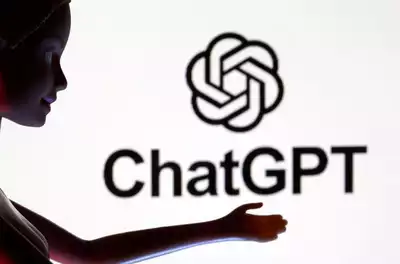
Banned Books and AI Unraveling the Controversy Surrounding Book Removals in Mason City School Libraries
Banned Books and AI Unraveling the Controversy Surrounding Book Removals in Mason City School Libraries A recent development in the Mason City school district has ignited debates over education, censorship, and the influence of technology. School administrators have embarked on the removal of banned books from their libraries, a process guided by ChatGPT, an AI-powered tool. These actions are underpinned by a new law championed by Governor Kim Reynolds, reflecting a broader wave of educational reforms touted by Republican lawmakers as measures necessary for student protection.
Examining the Role of ChatGPT and the New Controversial Legislation in Shaping School Libraries
Censorship or Prudent Selection: The Removal of Banned Books
The removal of banned books from school libraries raises questions about censorship versus prudent content selection. Advocates for this move argue that it aims to shield students from material deemed inappropriate or offensive. Proponents of censorship believe that certain books may contain content that runs counter to the values and sensitivities of the community, necessitating their removal to ensure a safe and conducive learning environment.
AI in the Decision-Making Process: ChatGPT’s Role
In an era of technological advancement, the use of AI, exemplified by ChatGPT, is infiltrating various aspects of society, including education. Administrators have turned to AI as a tool to aid in the selection process for removing banned books. ChatGPT assists in analyzing the content of these books, aiding administrators in determining whether their themes, language, or subject matter align with the values and guidelines set by the new legislation.
Controversial Legislation: The New Law Behind the Ban
At the heart of the book removals lies a new law signed by Governor Kim Reynolds. This legislation is part of a broader movement led by Republican lawmakers, who assert that these educational reforms are essential to safeguard students. While the intention is to protect students from potentially objectionable content, critics argue that such laws infringe upon students’ access to diverse viewpoints and critical thinking by censoring certain materials.
Balancing Protection and Freedom: The Dilemma
The core issue revolves around the balance between safeguarding students and upholding their right to information and intellectual exploration. The removal of banned books and the utilization of AI-driven tools like ChatGPT seek to protect students from content that might be perceived as inappropriate. However, opponents contend that these actions may stifle students’ exposure to varying perspectives, critical analysis, and the development of their own informed opinions.
Path Forward: Engaging in Constructive Dialogue
The Mason City school district’s decision to remove banned books and employ AI for content analysis warrants a broader societal conversation. As technology becomes increasingly intertwined with education, it is vital to engage in constructive dialogues that address concerns about censorship, access to diverse viewpoints, and the role of AI in shaping educational content.
The removal of banned books from Mason City school libraries, driven by the guidance of ChatGPT and backed by new legislation, underscores the ongoing tension between protecting students and preserving their access to a wide range of ideas. The intersection of AI technology, education, and censorship highlights the complexities of modern educational reforms. As debates continue, the challenge lies in striking a balance that respects both the protection of students and their right to explore diverse literary landscapes, ensuring a well-rounded and enriching educational experience.
Last Updated on: Thursday, August 17, 2023 8:36 am by Admin | Published by: Admin on August 17, 2023 8:36 am | News Categories: EDUCATION
About Us: News Centre 24 covers the latest News on Current News, Business, Sports, Tech, Entertainment, Lifestyle, Automobiles, and more, led by Editor-in-Chief Ankur Srivastava. Stay connected on Facebook, Instagram, LinkedIn, X (formerly Twitter), Google News, and Join Our Community.
Disclaimer: At News Centre 24, we are committed to providing accurate, reliable, and thoroughly verified information, sourced from trusted media outlets. For more details, please visit our About, Disclaimer, and Privacy Policy pages. If you have any questions, feedback, or concerns, feel free to contact us through email.
Contact Us: [email protected]
